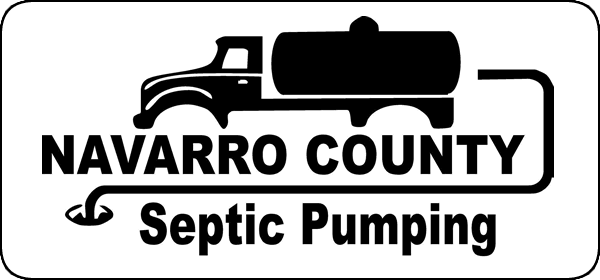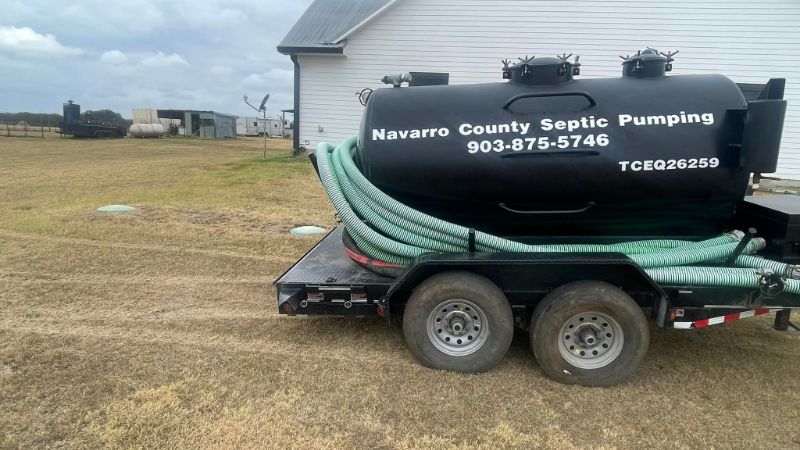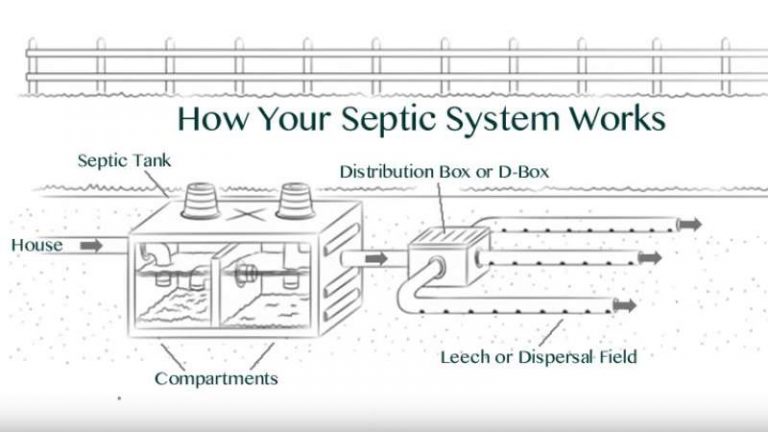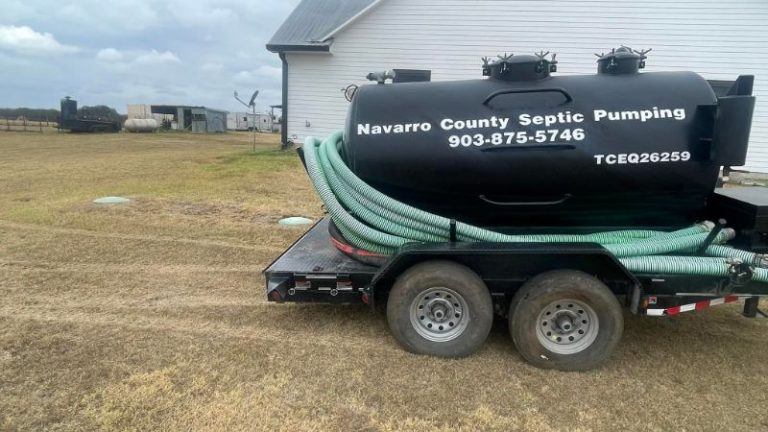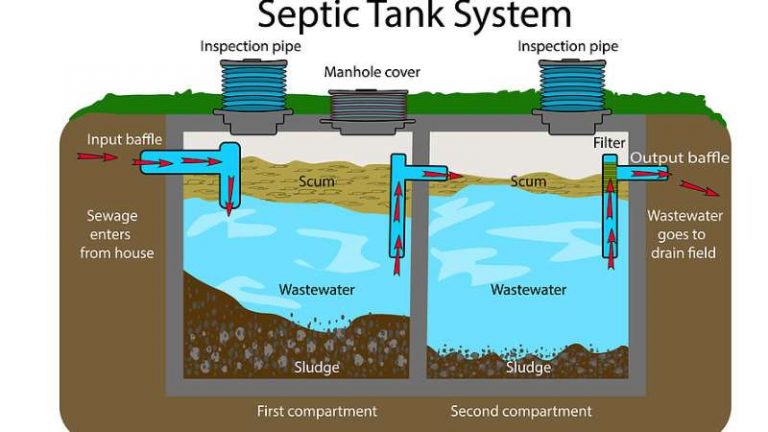Avoid Doing These Things To Your Septic System
If you own a home or property with a septic system or onsite wastewater treatment in Texas this article might help you better understand your septic system and how to care and maintain it properly. This article is going to talk about what NOT to do with your septic system and could save you thousands of dollars in repair or replacement.
Most septic system failures occur from long periods of neglect, abuse or often it’s because the homeowner’s just don’t know what they should be doing. Failed septic systems cause health concerns for the people living on and around your property, they can pollute our ditches, streams and lakes and eventually the groundwater supply. Considering the cost of a replacement septic system can easily exceed $15,000 – $30,000 this is information a homeowner might find very valuable.
Here Are 10 Things You Don’t Want To Do With Your Septic System
#1. Never allow potential poisons or harmful/hazardous chemicals to get into your septic dispersal system! This would include items such as paint, solvents, bleach, antifreeze, fuels, motor oil, pesticides or herbicides. These chemicals can actually kill all of the beneficial bacteria in your septic system and from there, they can leach into the groundwater and cause serious health or environmental concerns. Use environmentally friendly cleaners and alternatives whenever possible. Hazardous waste should always be disposed of at the proper facility.
#2. If you rely on a drilled well for your water supply and have filtration or softener systems connected you should never allow the discharge of water softener backwash during cleaning or servicing of the filter/softener into your septic system. This can have a negative effect on the beneficial bacteria that are essential to your septic system operation.
#3. Avoid the use of septic tank “starters” or other similar products designed and marketed to improve the performance of your system. These products can often do more harm than good. The best option is to just allow the natural bacteria to work on their own.
#4. Avoid the use of granular or very abrasive drain cleaners designed to remove clogs from your sewer or drain lines. Only a small amount of these chemicals can kill all of the beneficial bacteria in your system. When the bacteria go, the solids take much longer to breakdown and your systems performance is affected. This will increase the frequency of required pump-outs and can significantly increase the potential for your system to clog.
#5. If you have a garburator and use it to dispose of food waste and other solids your septic tank can fill up pre-maturely and will require more frequent septic pump outs. With so many municipalities offering “Green Bin” programs for food and kitchen waste a garburator is no longer necessary, especially if you are on a septic system.
#6. Do not ever drive or park vehicles, machinery, boats, RV’s or other heavy objects on your septic dispersal system (the leach field). The dispersal pipes are not very far under ground and heavy objects can cause soil compaction (making it difficult to drain) and they can also crush the perforated PVC pipes that allow your field to operate.
#7. Do not plant trees, hedges, or shrubs on or close to your septic system dispersal area. Tree roots are very invasive and destructive when they find pipes that contain nutrient rich waste water and your septic leech field is no different. Tree roots can infiltrate the pipes, cracking them, clogging them and causing an expensive system failure or repair.
#8. If possible avoid routing roof drains, perimeter drains and surface water runoff from driveways, patios and sidewalks into your septic tank or into the dispersal field. Too much water can overwhelm your system, which again could lead to expensive repair or replacement.
#9. Don’t use your toilet and drains as a convenient method of garbage disposal. For example, pouring fats and cooking grease down the drain could lead to clogs as the grease cools it solidifies in the pipes and can eventually cause clogs. Don’t flush disposable diapers, baby wipes, hair, tampons, plastics, coffee grounds and more. If it’s not a liquid and didn’t come from you or a family member’s body it’s generally not a good idea to flush it down your drain!
#10. Don’t buy or take possession of a home or property with a septic system or onsite wastewater treatment system that has not been pumped out and inspected prior to your agreement to purchase and take possession. You don’t want to buy property only to find out you need to drop another $30,000 in septic system repairs that could have been negotiated before-hand. If you have a good realtor, they will probably guide you in this department.
The Importance Of Getting A Second Opinion On Your Septic System Problems
Have you already had a professional come and look at your septic system to diagnose a problem you may or may not be having? Are you holding an estimate in your hands that makes you weak in the knees and has your bank account screaming mercy!? If you are one of the unlucky homeowners who’s experiencing a problem with their septic system make sure you get a 2nd opinion! It could save you thousands upon thousands of dollars and prevent you from lining a dishonest business owners pocket as septic problems are very expensive and often the homeowner will feel hopeless and helpless as to what to do, and that’s when you are vulnerable.
Just Remember: A septic tank pump out is regular routine maintenance that every property owner with an onsite wastewater treatment system (septic system) should be doing. Having to replace a system or having to pay for expensive repairs after an inspection is a whole new ball game and if your money is on the line you want to be 110% sure about your decision.
Navarro County Septic Pumping Pumps Out Septic Tanks In Texas
Navarro County Septic Pumping is a septic tank pumping and vacuum truck services company based out of Frost, Texas and serving Navarro County, Ellis County and the surrounding areas.
We specialize in pumping out residential septic, commercial septic, lift stations, and holding tanks of all sizes We offer prompt and efficient service that is competitively priced.
If you’d like to receive a quote to pump out your septic tank or holding tank please give us a call (903) 875-5746 or fill out our contact form and we’ll get right back to you.
